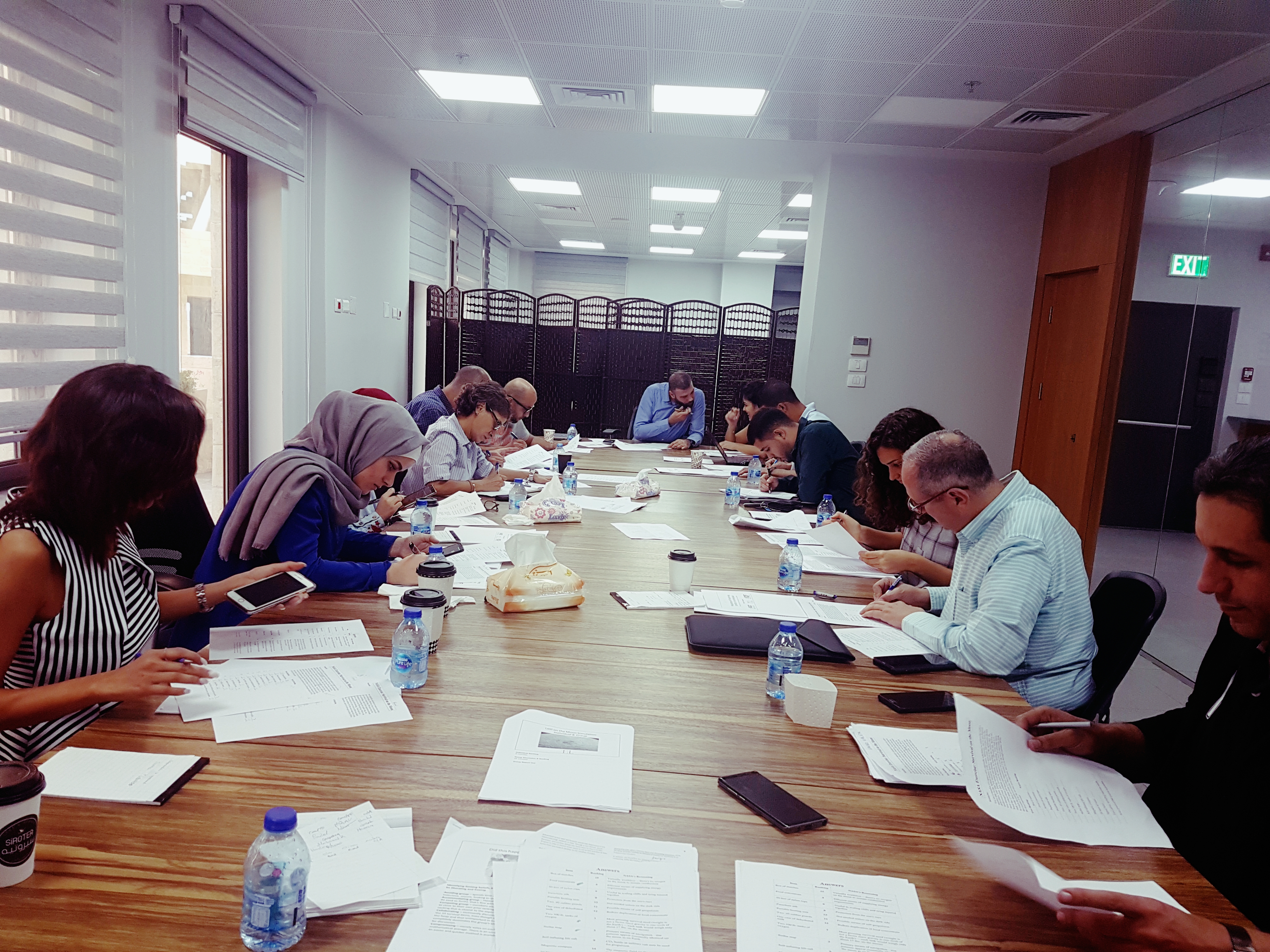My husband and I were sitting in the Ben Gurion International airport in Tel Aviv, Israel, awaiting our flight home to London, when a man — we presume Israeli, or at least Jewish — starts yelling at an Arab man in the seats immediately in front of us.
I can confirm that there was zero exchange between these two men prior to the argument – so the unspoken reason that the man was simply Arab will need to hold weight here.
We watched as the Israeli man got up from his seat, stood uncomfortably in front of the man, and yelled in Hebrew, as the Arab man sat completely silently – looking like he wanted to disappear.
At this point everyone sitting in an earshot turns around to see what the commotion is about.
Four different strangers got up from their seats — presumably Israeli or at least Jewish or Hebrew speakers — and start to physically and vocally intervene with the Israeli man directly.
They were able to get the Israeli man to walk away and eventually leave the seating area. Many went over to the Arab man to check-in with him; putting their hands on his shoulder and appearing to create a space of safety around his family.
And as I watched this unfold, I knew I witnessed conflict resolution in action. The Israeli man was using the conflict style competing, the Arab man was avoiding, the four strangers who intervened were competing.
It was interesting timing, as I had just finished leading 6 days of coaching and conflict resolution training for top leaders in Rawabi; the first planned city in Palestine.
Across those 6 days, we dove into the foundations of coaching and the Thomas-Kilmann Instrument (TKI): a leader in conflict resolution education and assessments.
Participants took their individualized TKI Assessments and learned about their personal conflict resolution tendencies and how to change their behavior to create positive outcomes to conflicts and challenges.
We engaged in deep dialogue, looking at the Israel-Palestine conflict from the perspective of the TKI Assessment, and most of our exploration was on the very human types of conflicts we all experience: in the workplace, with a spouse, with a child, with our colleagues, and within ourselves.
All 40+ participants said they’ve never had exposure to these concepts and ideas before — and all of them plan to change their behavior, their communication and the way they interact with not just their colleagues, but within their families and personal lives as well.
This kind of positive change is gold for companies. And companies are being called to invest more in interpersonal skills training, and not just technical training, so their team members feel empowered when managing challenges and interacting with one another.
The TKI’s 40 years of research has confirmed that to create better leaders, better families and better societies, we cannot simply assume people know how to navigate and handle the intricacies of conflict.


